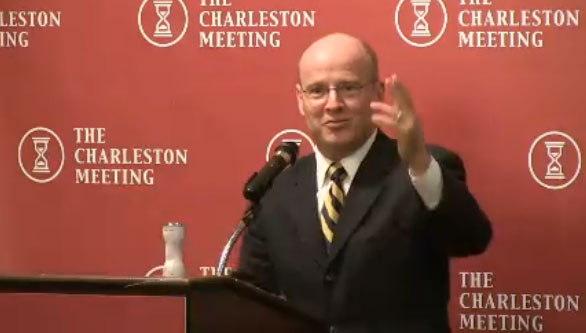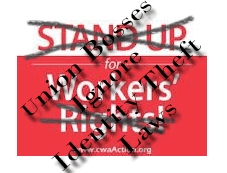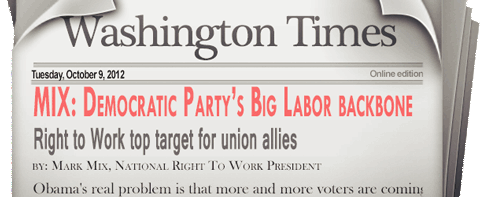MIX: Democratic Party’s Big Labor backbone
Right to Work top target for union allies
From the Washington Times:
As President Obama and Vice President Joseph R. Biden campaign for re-election, they feel compelled time and again to remind anyone who has gathered to hear them that America's economic troubles started well before they got to the White House.
[media-credit name=" " align="alignright" width="480"][/media-credit]American voters surely know that. The Obama ticket's real problem is that more and more voters are coming to understand that the current administration has no clue about which policies would help the national economy, and workers in particular, get back on track.
Emblematic of the president's befuddlement was his jibe against Right to Work laws at a Labor Day rally in Toledo, Ohio. Right to Work laws make it illegal to deny an applicant a job or to fire an employee simply for refusing to pay dues or fees to an unwanted union. Mr. Obama insisted without offering any evidence that individual freedom of choice over union affiliation is somehow bad for wages and salaries. At a campaign event in Detroit the same day, Mr. Biden repeated basically the same canard and vowed that the Obama administration would block national Right to Work legislation.
What are the facts about Right to Work and employee compensation?
Nationwide, inflation-adjusted U.S. Commerce Department data show that wage and salary disbursements to private-sector employees grew by just 1.8 percent from 2000 to 2010. That's the smallest gain for any decade since the Great Depression.
But regional data show that employees and job seekers in the 22 states that had Right to Work laws on the books at the beginning of the millennium fared far better than average, with real private-sector wages and salaries increasing by 8.6 percent, or nearly five times the national average.





